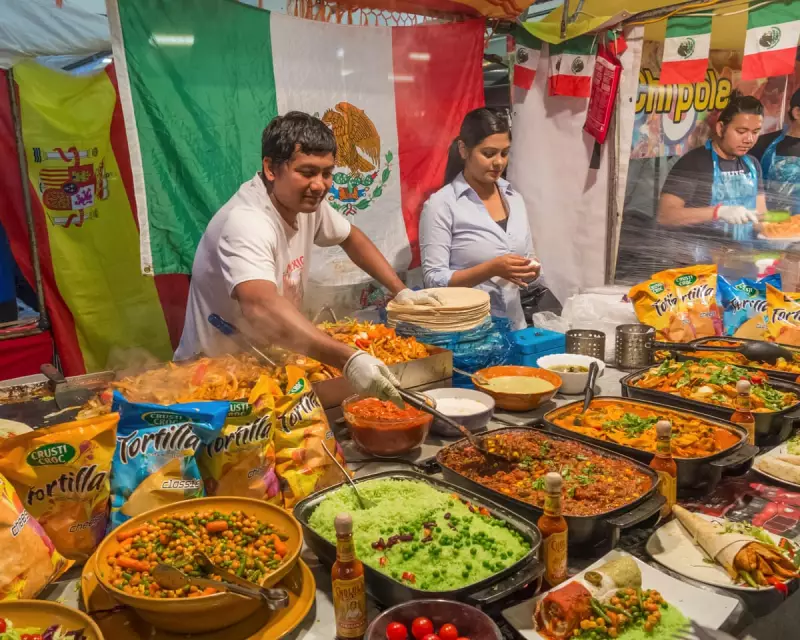
In a fascinating discovery that adds new meaning to the phrase 'you are what you eat,' a comprehensive UK study has found that regularly enjoying international cuisines can significantly boost tolerance and reduce prejudice among British people.
The Flavour Connection
Researchers discovered that Britons who frequently explore diverse culinary traditions from around the world demonstrate markedly higher levels of cultural acceptance and openness. The study, conducted across multiple UK cities, suggests that what we put on our plates might influence what's in our hearts and minds.
Key Findings from the Research
- Regular consumers of international foods showed 23% higher cultural tolerance scores
- Participants reported increased curiosity about other cultures after culinary exploration
- The effect was particularly strong among younger demographics
- Even occasional exposure to diverse cuisines produced measurable benefits
More Than Just a Meal
According to the research team, the act of trying new foods serves as a gateway to understanding different cultures. 'When people step out of their culinary comfort zones, they're not just tasting new flavours—they're experiencing cultural stories and traditions,' explained the lead researcher.
The study examined dining habits across various British cities, tracking how exposure to foods from different cultures correlated with attitudes toward immigration and multiculturalism.
Practical Implications
- Community centres could use food festivals as tools for social cohesion
- Schools might incorporate diverse cuisines into educational programmes
- Workplaces could benefit from multicultural food events
- Local councils might support diverse food businesses as community assets
A Recipe for Social Harmony
This research comes at a time when discussions about multiculturalism and social integration are particularly relevant in British society. The findings suggest that shared culinary experiences might be one of the most accessible and enjoyable paths toward greater social harmony.
As one researcher noted, 'The dinner table has always been a place of connection, but we're now understanding its potential as a platform for building bridges between communities.'





